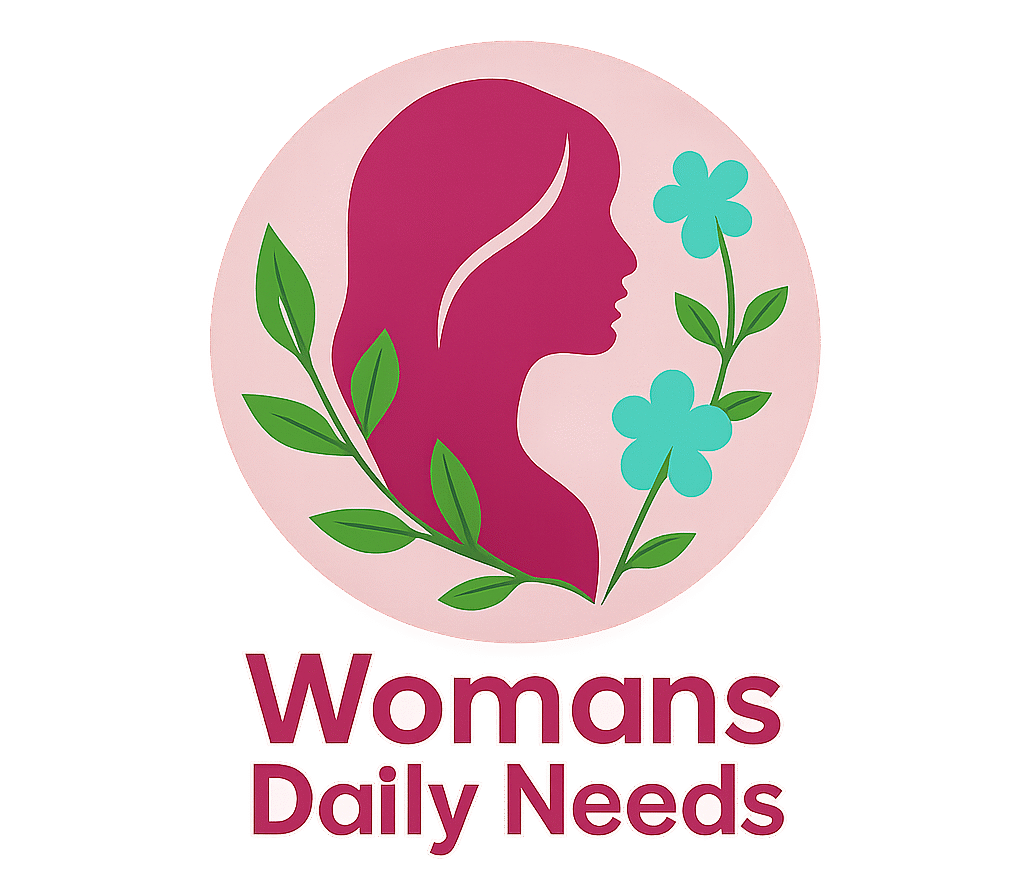Signs You Need Strong Boundaries

If you find yourself feeling exhausted, resentful, or even unsure of where your time and energy go, chances are, you might need to put stronger boundaries in place. Recognizing when boundaries are a bit too flexible can make a big difference for your mental and emotional well-being. I’m going to share what to watch for, how those signals show up day to day, and some straightforward steps you can take to make your boundaries stronger and show up as your best self.

Understanding Boundaries and Why They Matter
Boundaries are rules you create to protect your time, emotions, and energy. These help shape what is and isn’t okay for you, in relationships and every part of life. Healthy boundaries give you a sense of control and make it easier to prevent burnout. When boundaries are weak or missing, it’s tougher to say no, prioritize yourself, and look after your own needs.
Boundaries aren’t about walling people out or being rigid; they’re about knowing what works for you and communicating that with kindness and firmness. A lot of great info about boundaries can be found in books like “Set Boundaries, Find Peace” by Nedra Glover Tawwab (Barnes & Noble) and mental health sites such as Psych Central.
Most Common Signs You Need Stronger Boundaries
It’s easy to miss the signs when boundaries need attention. Here are the top clues I’ve seen (and sometimes experienced myself):
- Feeling Tired or Burned Out: Constant exhaustion might mean you’re saying yes too much or taking on too much. I notice this most when I get scattered, overbooked, and miss out on downtime.
- Difficulty Saying No: If saying no fills you with guilt or makes you anxious, even when every instinct says you want to refuse, stronger boundaries could help. Overpromising often leads to resentment.
- Resentment or Frustration: If you get annoyed with friends, coworkers, or family—especially after helping them out—it’s usually a sign you’ve gone past your comfort zone.
- Losing Track of Your Own Needs: When others’ needs always trump your own, it’s easy to forget what matters to you, what makes you happy, and even your own goals.
- People-Pleasing Habits: Taking on responsibility for everyone’s happiness and always avoiding conflict leads to stress, anxiety, and overwhelm. Learn more about people-pleasing and breaking the cycle.
- Trouble Making Decisions: Constantly checking what others want before deciding, or struggling to back your own choices, is a clue your boundaries need work.
- Difficulty Sharing Your Honest Feelings: If it feels unsafe or uncomfortable to express your real thoughts, concerns, or needs—even with close people—you might be holding back just to keep things calm.
Most people spot at least one or two of these signs in themselves sometimes. If several sound familiar, it could be time for a boundary check-in.
How Weak Boundaries Affect Different Areas of Life
Boundaries matter in every part of life. Work, family, friendships, and your personal care all rely on them. Here’s how weak boundaries often show up in different areas:
At Work
If you’re always the go-to person for extra tasks (but get little credit), have emails ping at all hours, or skip breaks because your list never shrinks, your boundaries at work could use a boost. Setting limits with colleagues and clients is worth checking out—work boundaries safeguard your well-being at work and can even help you get more done. Here’s a good guide from Healthline if you want to dig deeper.
With Family
Family dynamics can get complicated. Sometimes relatives drop in unannounced, expect help without considering your plans, or guilt you into activities. Strong boundaries aren’t about creating distance, but about protecting your energy and peace of mind. Family boundaries may take practice—especially with parents or siblings—but they pay off over time.
In Friendships
It’s tough to balance your own needs with being there for friends. If people call you only when they need a favor or make you feel pressured to agree when you’re not comfortable, checking in on your boundaries might be smart. Good friendships respect both sides’ boundaries and thrive on honesty. More on that in my post on healthy friendships.
With Yourself
Boundaries aren’t just external. Taking on too much or ignoring your needs comes up as skipping selfcare, putting off personal goals, or criticizing yourself for wanting a break. Check out personal boundaries for tips to reset things.

Why Setting Boundaries Can Feel Challenging
Even when you know you need boundaries, setting them often isn’t simple. Many people hold back because they’re afraid of conflict, don’t want to disappoint, or were simply never shown how to set limits. Getting clear about your roadblocks is a good first step.
Some worry that boundaries will make them come across as rude or selfish. In reality, gentle, honest communication builds trust and respect—for yourself and everyone else. Growing strong boundaries usually takes some self-reflection, persistence, and a dose of courage, especially at the start.
Simple Ways to Strengthen Your Boundaries
Getting better at boundaries is a process, not an instant fix. Here are the most practical tools I’ve found for setting healthier limits:
- Get Clear on Your Limits: Pay attention to what leaves you feeling drained or annoyed. Jot specific situations down to see patterns.
- Practice Saying No: Keep refusals direct—”I can’t help with that right now” works without long excuses. With practice, this gets easier.
- Communicate Honestly: Use “I” statements—like “I need some time alone”—to make your needs clear. It’s not about assigning blame, just clarity.
- Start Small: Tackle easy limits first, before building confidence for tougher conversations.
- Stay Consistent: Sometimes people will push back. Remind yourself why your limits matter, and keep to them, even if it feels awkward for a while.
- Ask for Support: Need backup? Chat with a therapist, coach, or someone you trust. There are online communities and articles about boundary support and selfcare to check out for motivation and tips.
You might notice changes quickly, or things might get uncomfortable at first—both are normal. Consistency is key.
Real-Life Examples of Boundaries in Action
I’ve heard from so many people about the relief they feel once boundaries start working. One friend found that keeping one night weekly free (no work, no social plans) brought more balance and real joy. Another said not checking work emails after 6pm helped him sleep and boosted his mood. Even small changes can ripple out in a big way.
- Turning Down Social Invitations: Rather than saying yes to every outing, choose what truly interests you, and politely pass on the rest. This protects your time and energy.
- Requesting Space: Outright asking for alone time—whether to focus or recharge—can do wonders for your headspace.
- Delegating Chores: Living with others? Spell out what support you need. Sharing the load helps keep things fair and reduces stress.
For more examples, check out my collection of real-life boundary victories.

Frequently Asked Questions
Here are a few things people ask about boundaries and making them work in day-to-day living:
How do I know if my boundaries are too strict?
Boundaries fall on a scale. If you’re always saying no or pushing people away, it could be a sign to ease up and let more connection in. Check out how to find balance in boundaries.
How can I set boundaries without hurting people?
The secret is to use kind, clear phrasing and focus on your needs. There’s a good article about this at PositivePsychology.com.
Is it okay to change my boundaries as time goes by?
Definitely! Your needs, comfort, and circumstances mix it up over time, and your boundaries can and should, too. Take a moment routinely to check in—it helps keep things healthy and up to date.
Key Steps for Better Boundaries
Building solid boundaries isn’t about keeping people away. It’s about making sure your well-being gets the space and care it deserves. A few small, steady changes can lead to a better quality of life. Listen to your signals, work at your own pace, and remember—self-respect is anything but selfish.
If you’re curious to get into boundaries more, browse my resources for setting healthy boundaries or join the talk on our boundary support forum—you’ll find helpful tips and stories from people who really get it.

https://facebook.com/WomansDailyNeeds
Kiersti writes on self-love and personal development professionally. Over the past ten or so years, she has studied self-love and personal growth. Visit https://womansdailyneeds.com/ to learn more about what she does, and like her on Facebook at https://facebook.com/womansdailyneeds to keep up with her.
